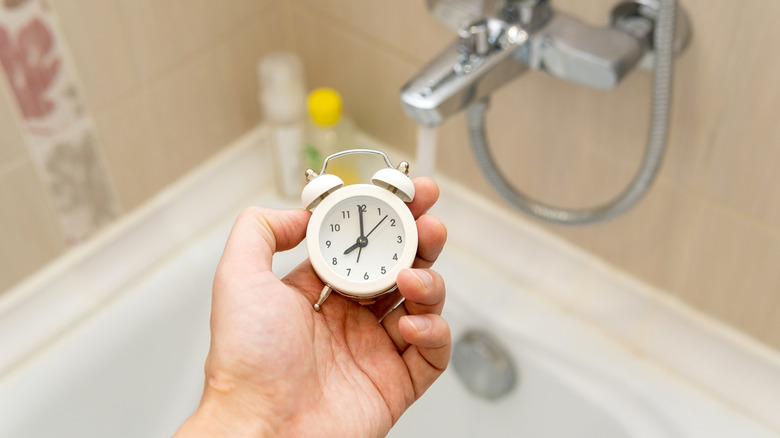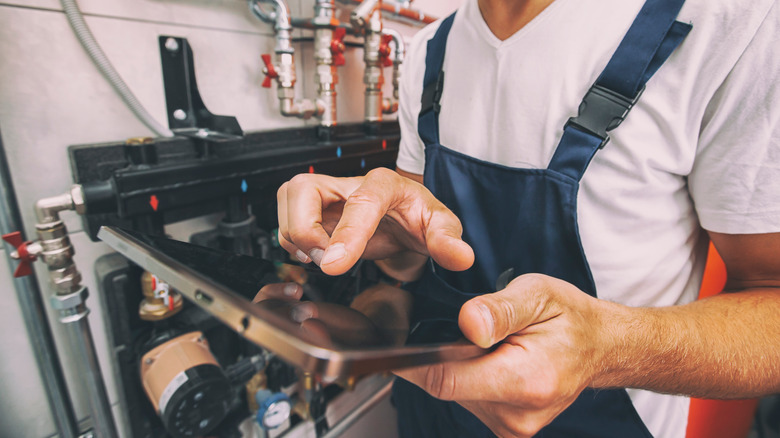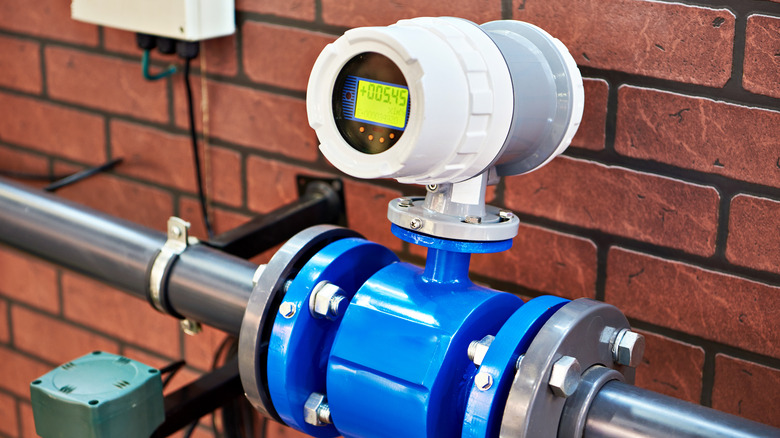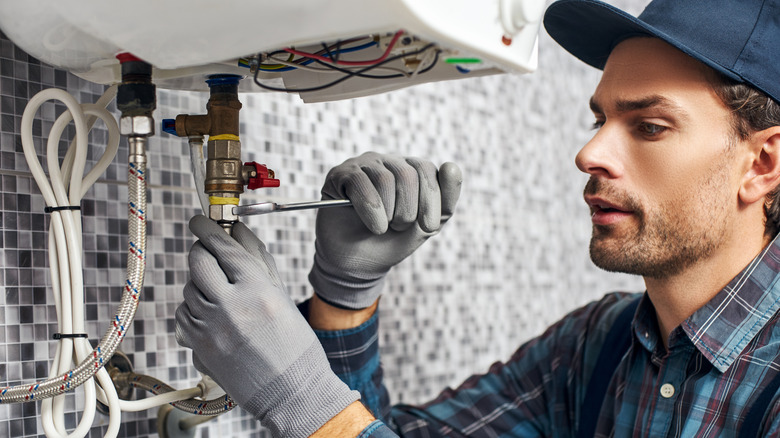Should You Install A Water Alarm In Your Home?
Water damage to a property is among homeowners' worst nightmares because of the financial implications associated with the repair. Unfortunately, unknown to many, leaking pipes are among the most common causes of water damage to properties in the US. In fact, according to Water Online, up to 77% of American citizens have reported noticing signs of water damage in their homes. While this is the case, the good news is that there are ways of avoiding the costly repairs and mental anguish caused by such an unfortunate event in your home.
You should also realize that not every water leak results in significant damage. Unfortunately, minor seeps often go unnoticed and cause the monthly water bill to go up, but one method that has proven effective in helping homeowners get ahead of the situation is installing water alarms in the house. Regardless of the source of the leak, for instance, the refrigerator, a leaking pipe, or even the dishwasher, this device will help you pinpoint the issue and resolve it before it snowballs into serious damage. Let's discuss water alarms and try to answer whether you should get one for your home. Tag along!
What is a water alarm?
Essentially, a water alarm is an electronic device that will notify you immediately after the sensors pick up on the presence of water. The notification often comes by way of sounding a loud alarm in your home, or others are integrated with your mobile devices and will send a notification once it detects the leak. These smart devices are strategically placed around certain spots, for instance, under the sink or near appliances that are likely to cause seeps. With this in mind, it is easy to see why you need this device installed in your home.
Water alarms, also referred to as water leak sensors can help prevent damage way before it occurs, potentially saving you a couple of thousand bucks you would have spent on damage restoration. According to Fixr, water damage restoration costs between $1,200 and $5,000. With all the benefits that come with installing a water alarm, you will be surprised to know that these devices are quite affordable. Moreover, they are also suitable for vacation homes that stay uninhabited for long periods.
How do water alarms work?
To understand the operation of these electronic devices, it is important to mention that water alarms are of two main types; passive and active (via Home Plus Leak Detection). A passive water alarm is the simpler of the two; once it detects possible seeps, it sounds an alarm or even flashes lights for notification. They are battery-powered and are installed on the floor near potential locations where a leak is likely to occur. You will need to turn off the alarm manually and, in the process, attend to the water leak. The only problem with this type of alert is that it is only effective if you are at home and can hear it.
Active water alarms do more than send a notification or sound an alarm; they go a step further and cut the water supply from the main system. They are installed and linked to the main valve, making it possible for it to turn off the water supply completely in the event of a leak. Active water alarms are ideal for every home; you have the option of installing them in one particular location prone to leaking or in every room for additional water safety precautions.
Getting the right water alarm for your home
Narrowing down the right water alarm for your home involves understanding several factors. The first and most important factor to consider is the number of sensors they have. A single alarm is usually equipped with two sensors, but there are options with more than two. Having many sensors installed and distributed in different places will allow you to cover a large area in your house. However, a single sensor will work fine if the only problematic area is in one spot.
Nonetheless, F.H. Furr mentions that the average number of sensors ideal for a household is four. Another important consideration when looking for the right water alarm is the distance of the sensor from the floor. Remember, the detector needs to get into contact with water to activate the alarm notification. A sensor with a clearance from the floor will not give you a timely notification in the event of a leak. Water damage from slow seeps can creep up on you, so getting the right detecting system will help you pick up on the problem as soon as possible and mitigate the risk immediately.
Maintenance and other considerations
Right off the bat, it is worth mentioning that water alarm devices are low maintenance for the most part. However, you need to be aware that some of these electronic devices are battery-operated; therefore, you need to keep a close eye on and replace these whenever necessary. Also, when it comes to smart water alarm devices, there are a few other things you need to be aware of.
First, you will need to ensure that you have extensive WI-FI coverage to make sure your devices work properly and send you a notification in time. They also come with programmable options that you can easily customize to fit your specific household requirements and water usage. Some devices even have the option of notifying more than one person if you so wish. Finally, having a water alarm will help you deal with immediate water leak problems. However, the best way of preventing seeps in the long term is routine maintenance of appliances, mentions Water Hero. This is the only true way of making sure your water alarms never go off.
Should you install a water alarm in your home?
Just like you protect your home against fire or burglary by installing sophisticated security systems, so you should do for water damage. In fact, according to the Insurance Information Institute, water and freezing damage is the third most common homeowner's insurance claim amounting to $11,098 on average. So this means that right after fire and lightning strikes, plumbing failure is more likely to cause damage to your house compared to burglary.
While this is the case, a good number of households do not have any smart plumbing devices to help catch water leaks and flooding sooner. Water wreaks havoc on a property by causing structural problems or even providing the breeding ground for molds and mildew. No homeowner wants to deal with the consequences of such an issue. No law requires homeowners to have such smart devices installed; however, they are an inexpensive way to reduce the risk.





